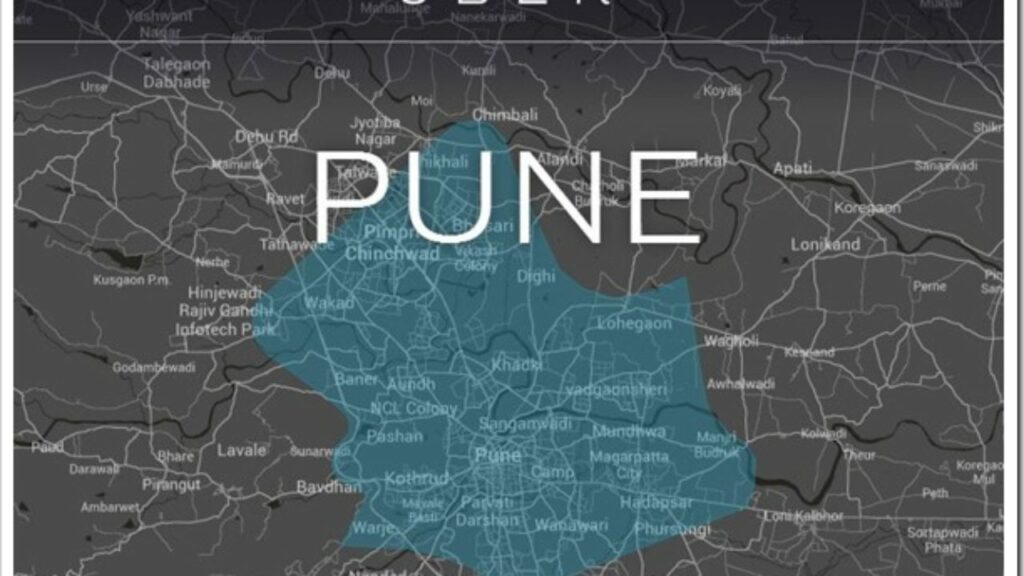A substantial number of increase in the number of vehicles registered in the city has been revealed by the Pune Regional Transport Office (RTO). Signifying a substantial rise in the vehicle ownership, the total has reached to 47,24,961, which surpasses the population count recorded in the 2011 Census.

A Looming Threat to Infrastructure and Environment
The number spells doom and has aggravated the infrastructure challenges and environmental concerns and has exacerbated the traffic congestion.
Sanjeev Bhore, RTO official highlighted the unprecedented surge in vehicle registrations. Out of the total numbers, motorcycles form the majority with 34,66,987, this is followed by cars which stand at 8,45,526. Further inundating the Pune roads and leading to daily gridlocks across the city are auto-rickshaws (14,700) and cabs (46,335).
Director of Climate Collective Pune Environmental Foundation, Vaishali Patkar, emphasised the need to improve the public transport facilities. Highlighting the foundation’s repetitive urge to authorities regarding the improvement in public transport, she said that “For the past 10 years, we have continuously urged authorities like the Pune Municipal Corporation (PMC), Urban Development Department, Pune Mahanagar Parivahan Mahamandal Ltd (PMPML), and Pune Metropolitan Region Development Authority (PMDRA) to enhance public transport services. If public transport is enhanced, citizens will be less inclined to opt for private vehicles.”
Challenges & Impacts of Rising Private Vehicle Numbers
Underscoring the rise in private vehicle numbers as well as the menace that it poses, Senior Programme Director at the Centre for Environment Education, Dr Sanskriti Menon said that “Congestion not only leads to lost time but also stress and road rage. Air pollution from vehicle emissions poses serious health risks, affecting various organs beyond the respiratory system. Moreover, the city’s reliance on private vehicles hampers inclusivity, making navigation difficult for children, elderly, women, and people with disabilities.”
Further highlighting the adverse impact of road widening initiatives which include chopping off of trees, she said that “Widening roads and building flyovers attract more private vehicles, worsening congestion. This approach also compromises pedestrian safety, with footpaths and cycle tracks being sacrificed for road expansion.”
One overlooked element that is being impacted is the impacted groundwater. She added that “One more impact, which is not evident, is the rise in vehicle numbers also impacting groundwater. These 47 lakh bikes and cars also need to be parked somewhere. Advanced Center for Water Resources Development and Management (ACWADAM), an organisation working on groundwater management, has cautioned that the new buildings are being built with two or three floors underground, and such excavation has depleted groundwater levels across the city”.
While acknowledging the impact of increased vehicle numbers, the Environment Officer at PMC, Manesh Dighe pointed out one positive aspect that the vehicles manufactured with BS6 technology, produce less pollution.
He said that “Old vehicles will be phased out over time, and PMPML’s focus on green fuel for buses, such as CNG or electric vehicles, is a step towards mitigating pollution.”












